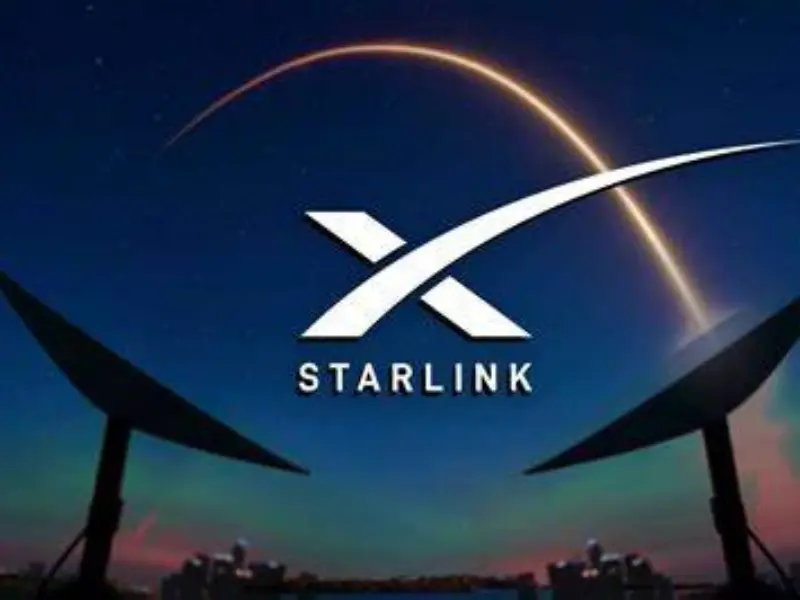- Chad has approved Musk’s Starlink to improve internet access and digitalise public services in remote areas.
- Starlink faces regulatory hurdles in Africa, with equipment seized in Cameroon and calls for partnerships in Kenya.
What happened
Chad has approved the licensing of Elon Musk’s satellite internet service, Starlink, to improve internet access in the country. Starlink, part of SpaceX, operates in several African countries but has faced regulatory challenges elsewhere. Chad’s Communications Minister, Boukar Michel, confirmed discussions with Starlink since 2021 and emphasised that the service would help bridge the internet access gap, especially in remote areas, aiding the digitalisation of public services and boosting tech start-ups.
Currently, only 12% of Chad’s population had internet access in 2022. Starlink is expected to offer a solution, especially as much of Chad lacks fibre optic coverage. Starlink is already operational in several other African nations, including Zimbabwe, Nigeria, and Malawi.
Earlier this year, Cameroon seized Starlink equipment over lack of licensing, and Kenya has urged regulators to make satellite providers like Starlink collaborate with local telecom operators.
Also read: Sri Lanka approves law allowing Musk’s Starlink operations
Also read: US court upholds FCC’s approval of SpaceX’s Starlink expansion
Why it is important
This story is significant because it highlights Chad’s decision to approve Elon Musk’s Starlink satellite internet service, aiming to address the country’s low internet penetration. With only 12% of Chad’s population having internet access in 2022, the move is a crucial step toward improving connectivity, particularly in rural and remote areas. Starlink’s satellite technology can bypass the need for traditional fibre optic infrastructure, which is scarce in Chad. By enhancing internet access, the service will help digitalise public services and stimulate the growth of local tech start-ups, contributing to economic development.
However, the story also sheds light on the regulatory challenges Starlink faces in Africa. Countries like Cameroon have seized its equipment due to licensing issues, while Kenya has called for satellite providers to partner with local telecom companies. Despite these hurdles, Chad’s approval demonstrates that satellite internet could play a key role in solving Africa’s connectivity gap, setting an example for other nations.

